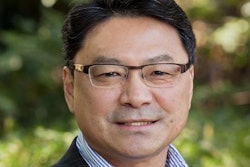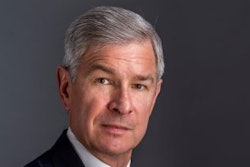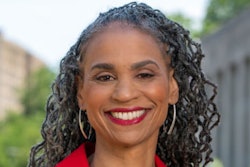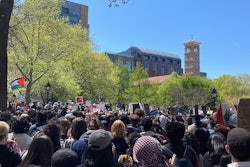I initially want to express my condolences to the family of State Sen. Clementa Pinckney and to the Emanuel AME Church family for the tragedy that was visited upon them, their house of worship and the community of progressive thinkers who knew, worked and worshiped with the Rev. Pinckney.
I do so in the face of the mounting evidence which reports increasing incidents of violent attacks and assaults on Black lives and Black institutions. After more than a half a century of engagement in this struggle for social justice and political equality, I am convinced that condolences, no matter how sincerely recited, constitute an inadequate remedy to confront the seemingly permanent barriers to the attainment of our best national ideals. If the lessons learned from “yesterday’s sorrow” do not frame new patterns of action which abort or prevent “tomorrow’s” insult or injury, then what does ‘I am sorry’ really mean?
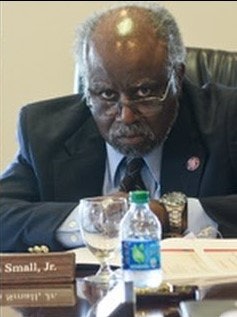 William Small
William Small
My argument continues to assert that African-American leaders in this state must bear a greater percentage of the burden and responsibility to address the issue and to un-apologetically define responsible solutions. I say this because it is Black people who have endured a disproportionate share of the suffering and burden bearing in this state.
Moreover, in spite of our often-recited, near-delusional reports of the substantial progress that we are making, the fact remains that Black people are still disproportionately overrepresented among the poor, the imprisoned, the marginalized, the undereducated and the underserved in terms of health care and other state-supported services.
How do we address that? How do we address that so that frightened people “who want their country back” will not be driven to massacre those who work for equal opportunity and social justice? How do we address that so that politicians do not exploit the insecurities of small-minded and frightened people who would prefer to take rather than develop life? Or perhaps the better question is: How do we address that so that small-minded and insecure politicians do not get elected in the first place?
The aftermath of “The Massacre at Emanuel” cannot be permitted to degenerate into a conversation about how we must love one another. How we must work together or restrict the right of people to bear arms. Let’s all be clear, the absence of love on the part of Black people did not create this mess. The absence of work and service to neighbor and state did not create this mess. Let us remember that Black people were regularly hung and mutilated in the nation and state long before guns became a factor. No ethnic population has been more loyal to America or to South Carolina than African-Americans have been.




